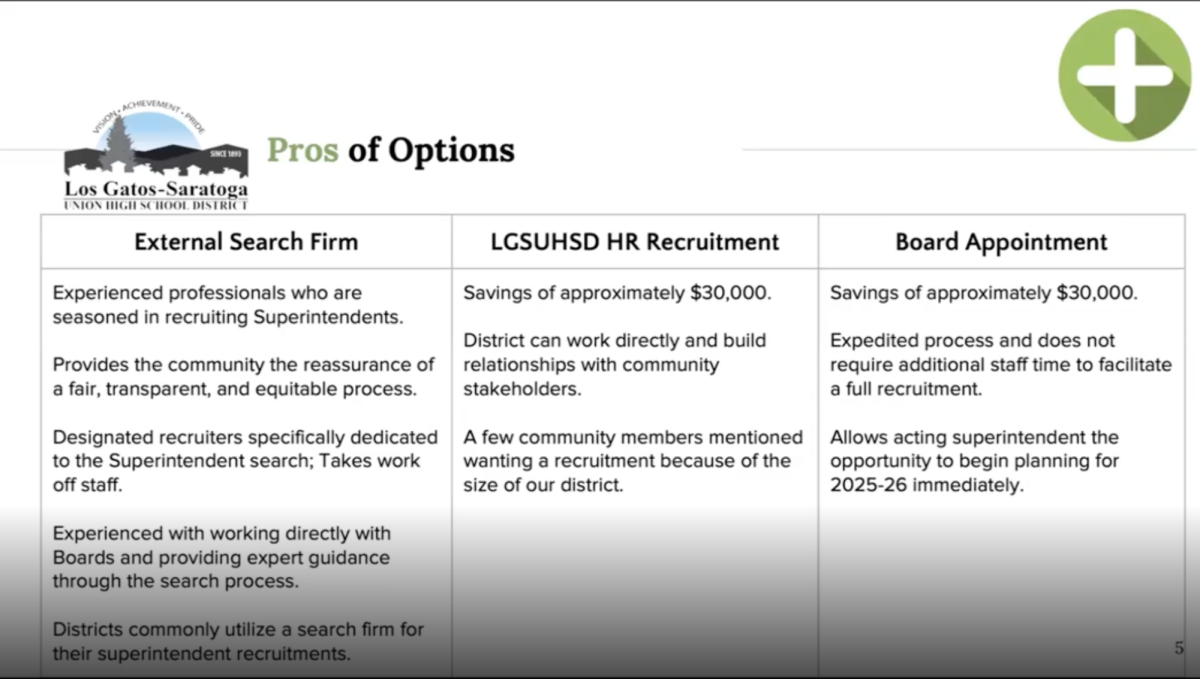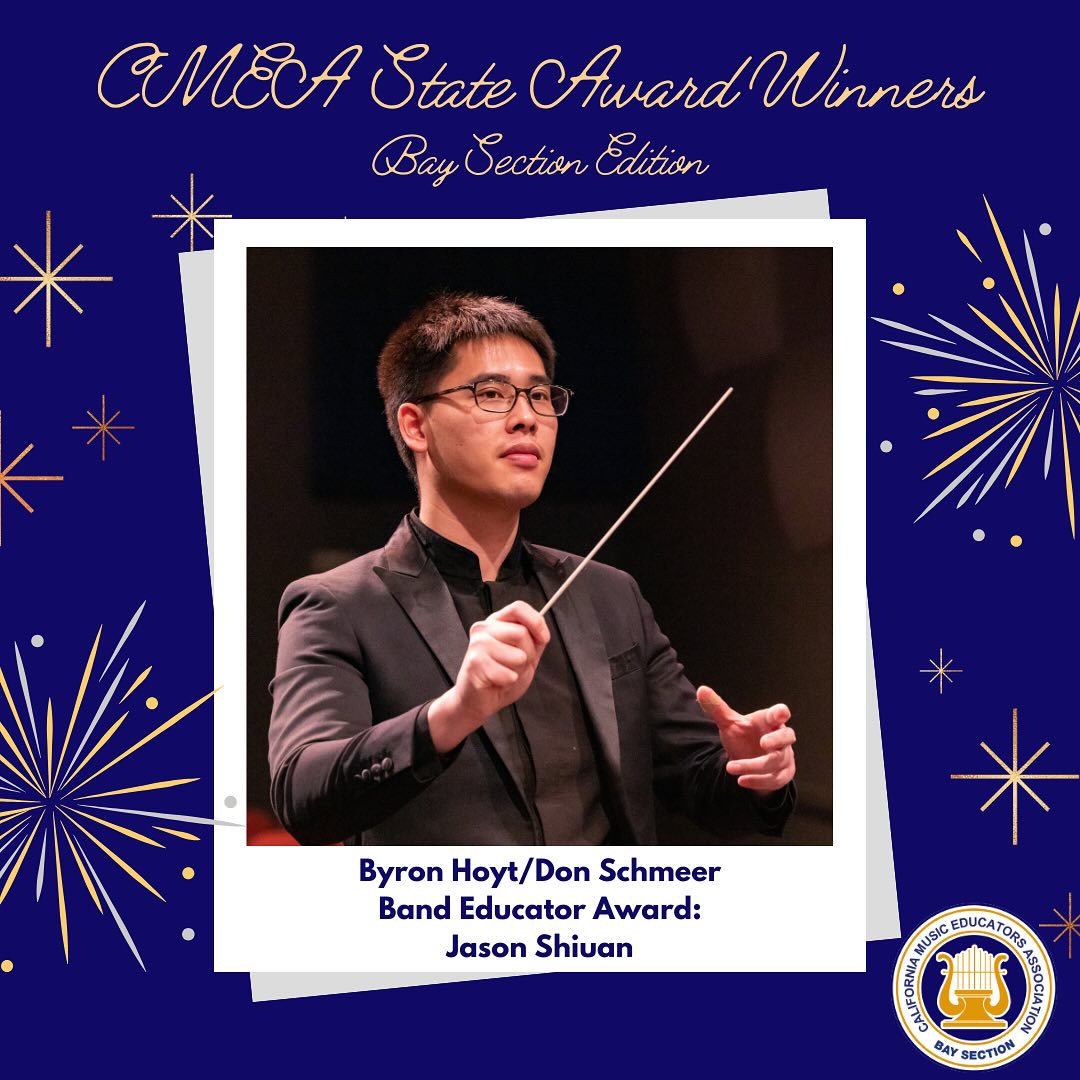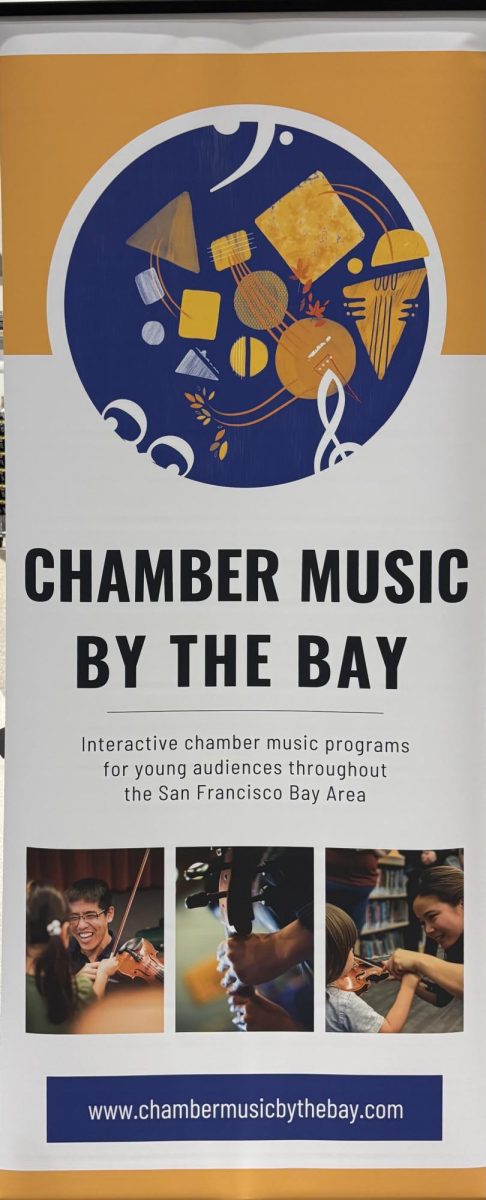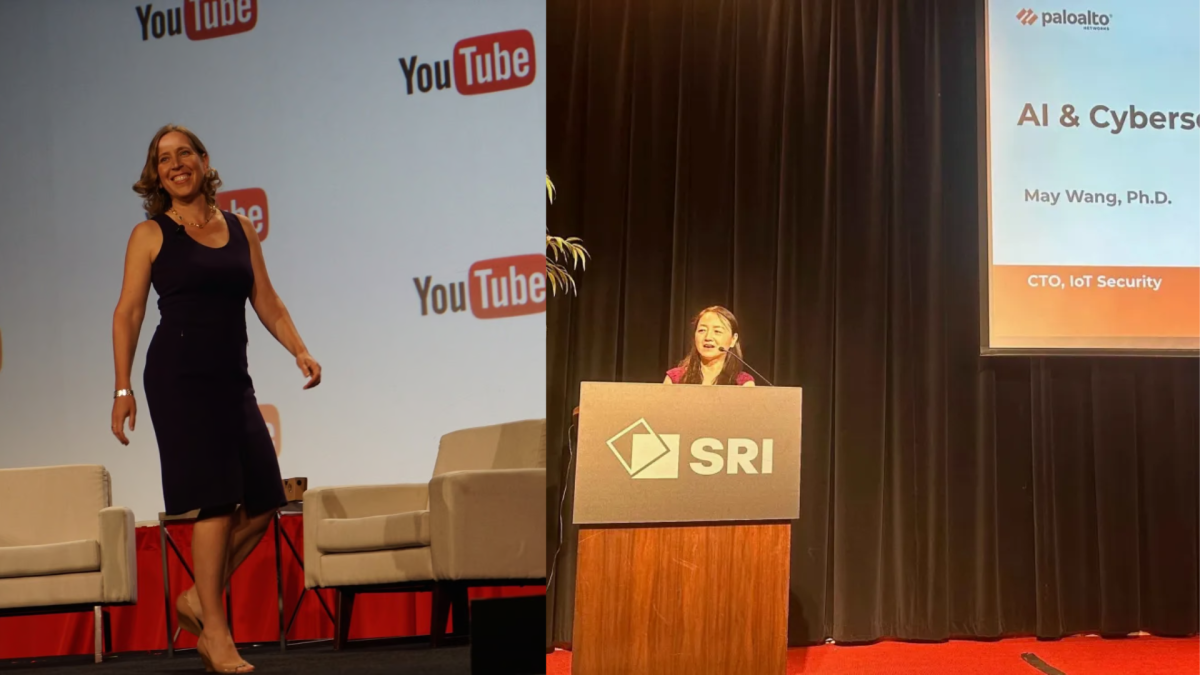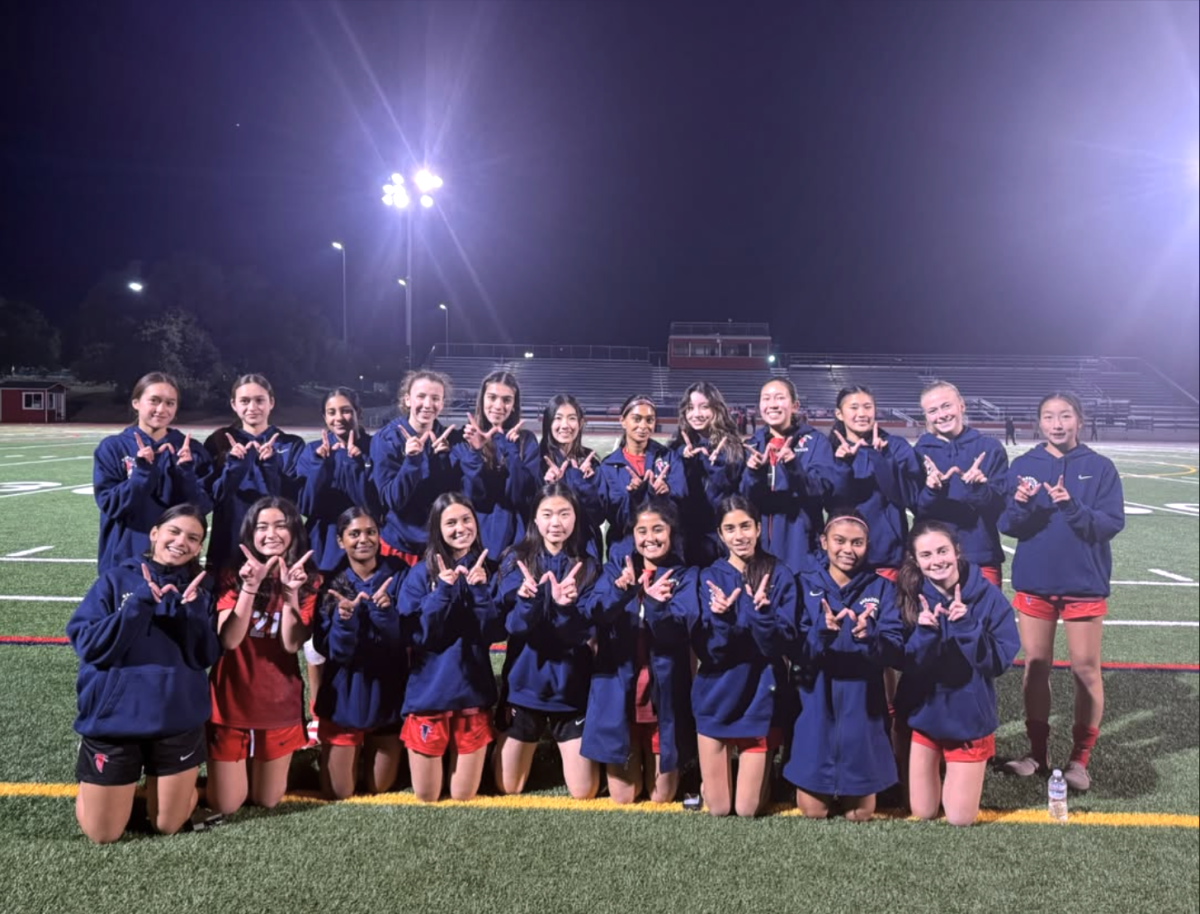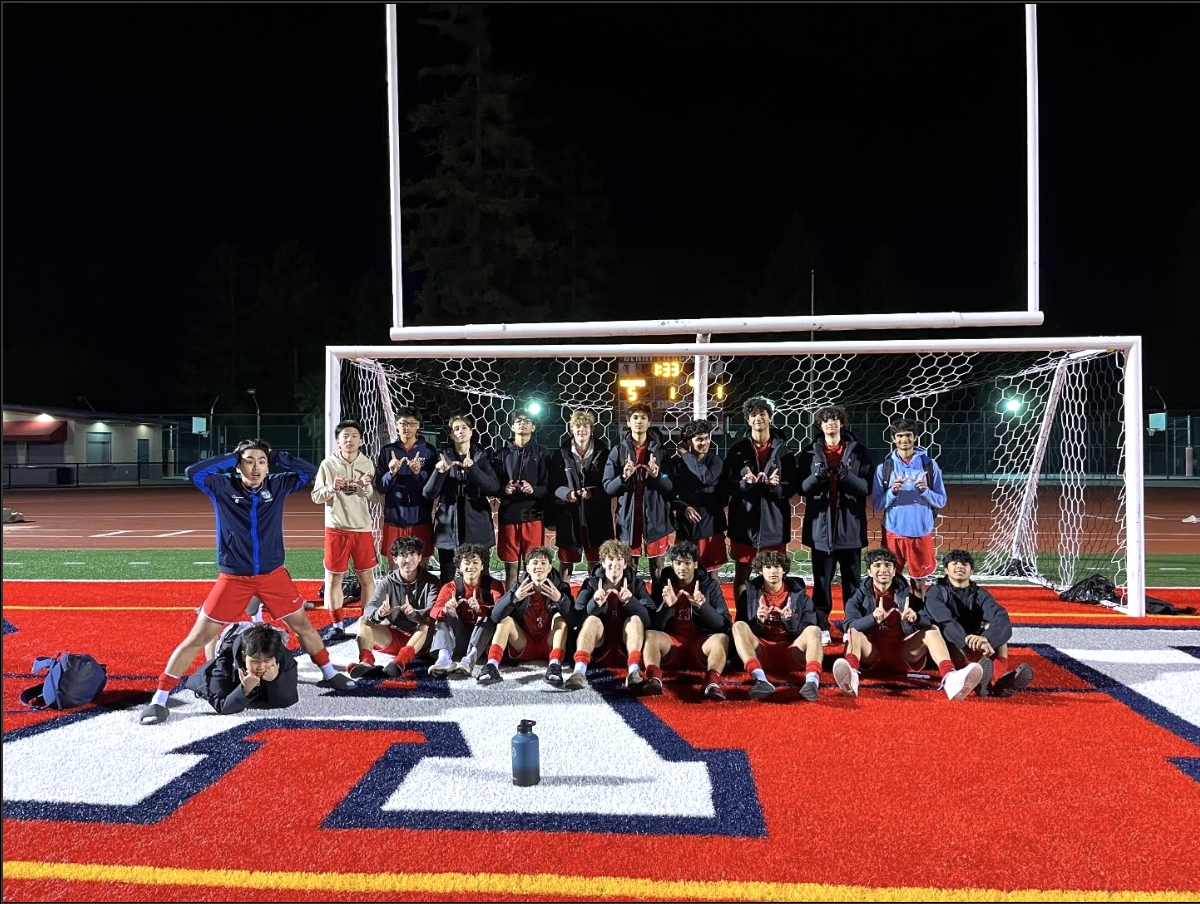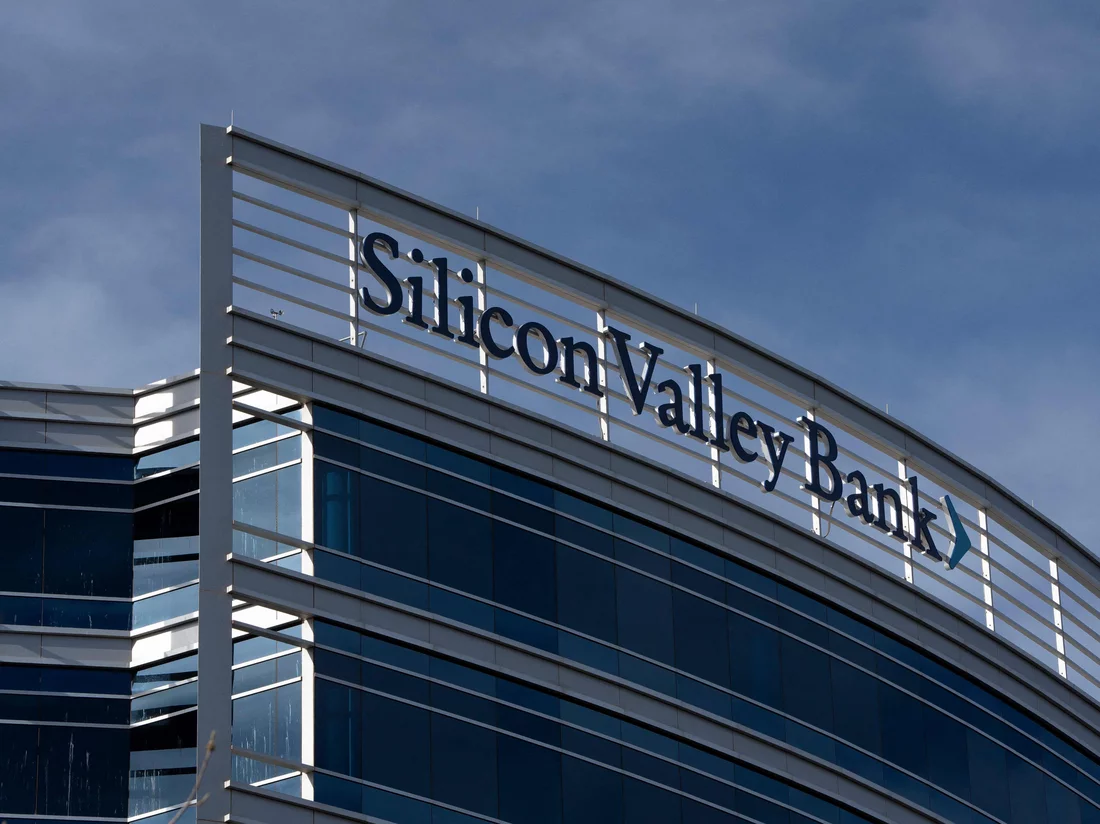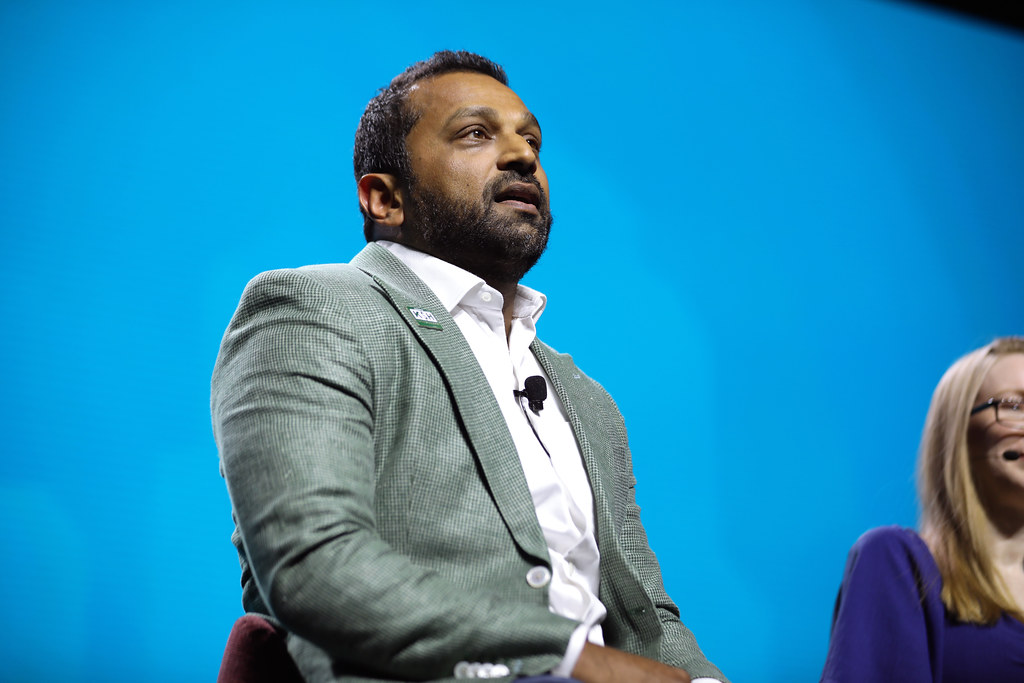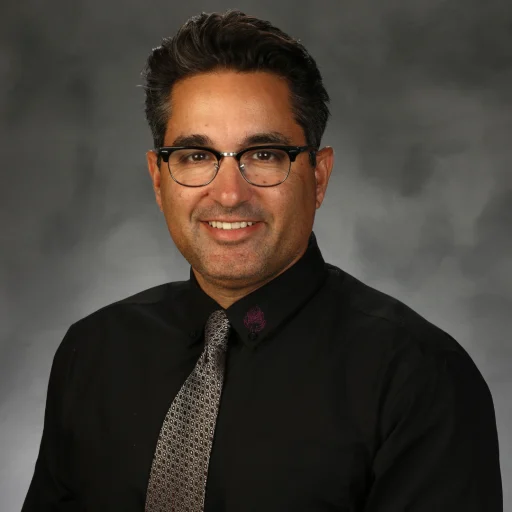For high school students who dread attending impending college classes, lectures and interacting with others, there is now a new university that will allow them a different experience. This institution claims it is tuition free, and is based solely online—all prospective students need is a computer and an Internet connection to join.
The University of the People (UoP)—an online university which will be open for enrollment in April 2009—was planned by Israeli entrepreneur Shai Reshef and will be the first non-profit global university that gives students, including those in Third-World countries, the opportunity to obtain their bachelor’s and master’s degrees. Unlike universities that have online courses but also require some physical attendance, such as The University of Phoenix, UoP will be completely online, with students doing everything from attending class to taking their midterms and finals on the computer.
“The idea is to take social networking and apply it to academia,” said Reshef when interviewed by the New York Times.
The idea of attending an online college can be appealing to students who do not want to worry themselves over transportation, conflicts in schedule and high tuition fees. With courses and tests all online, students can take courses whenever they have time. Tuition costs would be a small fraction of private American colleges, which can run upwards to $50,000 a year. The curriculum’s flexibility will also relieve those who carry anxieties about moving thousands of miles away from home and being on their own.
Despite the convenience of the university, there are many negative aspects to learning fully online, some of which may deter high school students from joining.
The UoP will allow weekly discussion topics and studying communities but does not provide face to face interaction with teachers and other students. This type of learning online does not allow students to develop the proper social skills in order to interact well with others. Specifically, students will not be able to build peer communication including teamwork and rhetoric, both of which are essential in life after college.
In regards to money, the term “tuition-free” is a slight misnomer. According to an article in The New York Times, UoP will charge “nominal fees for enrollment ($15 to $50) and exams ($10 to $100),” depending on which countries the students come from, developed or undeveloped. Although this does help underprivileged people to attain an education, it does not afford the university much money. Although $10 dollars may seem like pocket money to those in the United States, for many students in Third-World countries raising $10 can be an extremely difficult task, considering a large percentage of these families live under the poverty level. In addition, it is uncertain how well this program will function without adequate amounts of money.
“I’d be interested to know how you’d find and train faculty and ensure quality without tuition money,” said John Bourne, executive director of the Sloan Consortium, a nonprofit group that integrates online learning into mainstream higher education, when interviewed by the Times.
Another problem with the UoP is that it is not yet recognized as a legitimate source of higher learning. If one were to obtain a masters degree from the UoP and apply for a job, it would not appear credible to probable future employers. The UoP does not hold the necessary accreditation required to apply for jobs in a competitive market. This fact is confirmed by the university’s website, where it states, “UoP intends to apply for accreditation from recognized authorities as soon as possible.” Employers want graduates from recognized universities, where they can be sure students received proper education.
The opening of UoP may be a step forward in the technologically, but the revolution has a long way to go.

